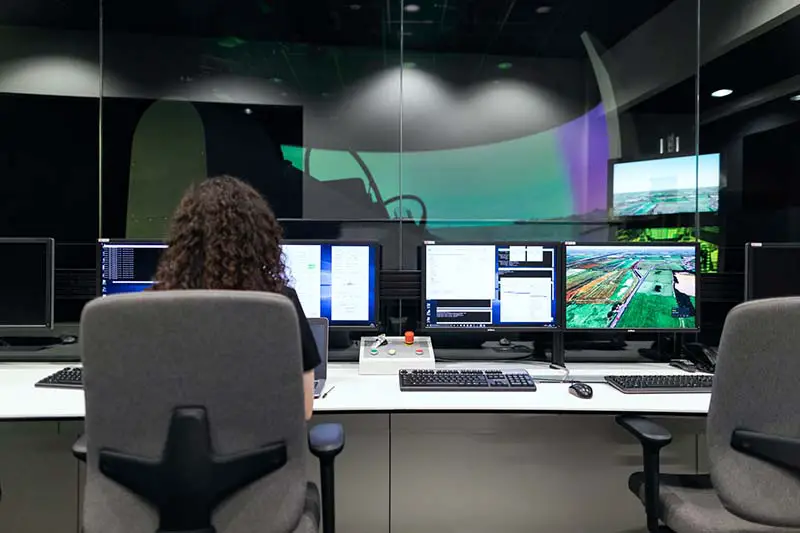Click here to get this post in PDF
The past few years have seen an evolution in both technology and the role of software testing.
This evolution is expected to continue in the next few years. As a result, we will see many changes, especially when it comes to the tools used to perform testing activities and the roles played by testers writing test cases for the tools.
Initially, businesses and software testers had access to a countable number of tools for software testing. However, this has so far changed and is still changing.
Now, testers can access different sets of tools for their testing activities, with some of these tools being ready to be used for free.
Advancements in technology are having and are going to have a lot of influence on how software testing is done.
This has changed software testing, and the field is expected to change even more with time. Software testing is projected to evolve due to several things, among them;
Artificial Intelligence
A few years ago, the world of technology was invested in mobile-first development and making sure that users had an amazing experience when accessing applications from their mobile devices.
Things have now changed, and everyone is talking about artificial intelligence.
AI is currently in use across multiple industries. You will find it in home assistants, self-driving cars, finance, health care, computer vision, and above everything else, software testing.
Fortunately, many testing tools such as TestProject.io are implementing artificial intelligence and machine learning to make regression testing, end-to-end testing, and functional testing more accurate.
Software testing is expected to evolve and rely fully on artificial intelligence when testing applications in the next few years.
DevOps
DevOps has been at the center stage when it comes to the collaboration between operation and software development teams.
This ensures that monitoring and automation are implemented through all the software development lifecycle steps. In addition, infrastructure management is also included when implementing monitoring and automation.
This is going to change everything done when it comes to software testing in several ways, among them;
- Businesses will have to ensure that test automation is started at the first stage of the software development lifecycle. In addition, they will be required to automate almost all the test cases that they will implement.
- Businesses will also be required to make sure that their QA tasks are aligned for a seamless testing process.
- The level of collaboration will have to increase for businesses to be able to monitor everything that is done in their production environments.
- Standardization of the QA environments will be mandatory.
All these changes will be driven by automation since, without either automation or DevOps, the other one cannot work.
IoT (Internet of Things)
With smart innovations and the growing popularity of things such as connected cars, smart homes, wearables, and other technologies based on the cloud, the IoT has become quite popular.
The success of these devices is dictated by the integrations and communications that take place for them to meet their expectations.
Due to the connections between these devices, it gets quite difficult to test them and ensure that everything works as expected. This means that IoT has come with challenges and new complexity levels when testing software applications.
Due to this, businesses are being forced to change how they test applications, meaning that we are going to see more emphasis on integration testing instead of testing different components differently. However, this is made easier with tools such as Cypress automation.
Quality Assurance as a Service (QAaaS)
Technology advancement has given birth to things such as platform as a service (PaaS), infrastructure as a service (IaaS), and software as a service (SaaS), and brought an evolution in cloud communications.
Similarly, we are now getting to a point where we have quality assurance as a service or QAaaS. Again, this is essential, especially for companies looking to meet their requirements for software testing.
Implementing QAaaS simplifies the process of software testing and provides a lot of things, among them maintenance solutions and test case management, the use of test automation tools that require minimal coding, easy integration of systems, and effective reporting features that come with screenshots, video recording, and logs.
In the next couple of years, this is going to completely change software testing and make things easy, especially for businesses with limited budgets.
In conclusion, technological advancement as well as the evolving requirements of end-users are changing the way software testing is conducted. In the next few years, we are going to see businesses adopting different and new strategies when testing software applications.
You may also like:
The Best Web Application Testing Approaches
Testsigma announces autonomous testing capabilities – ushering in the era of agentic AI
Image source: Pexels.com

